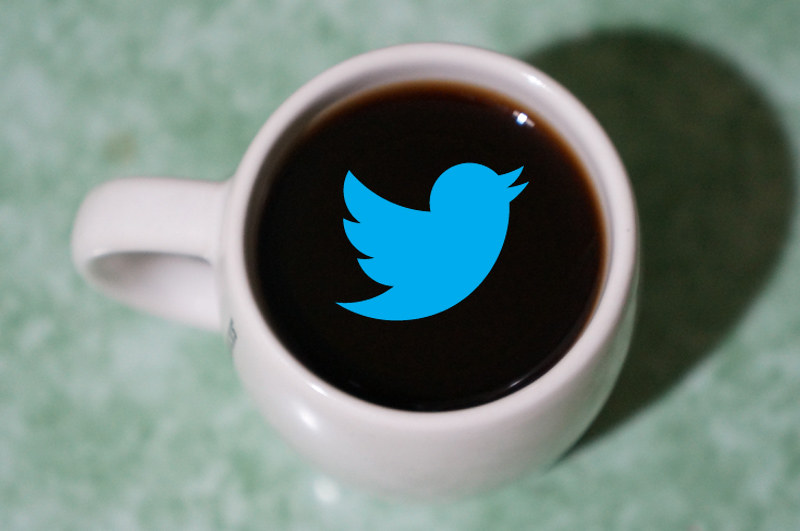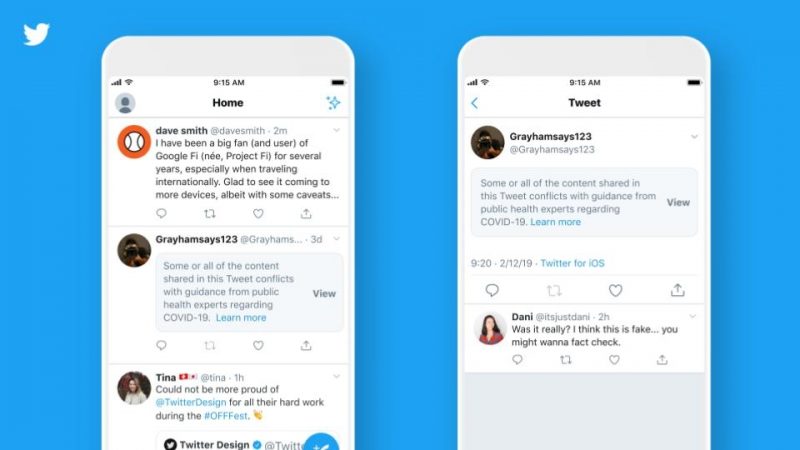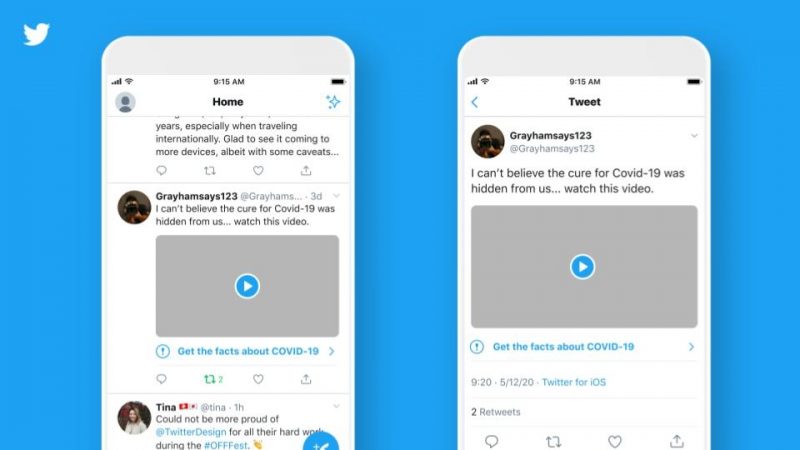 POLICY
POLICY
 POLICY
POLICY
 POLICY
POLICY
Twitter Inc. announced today that it will start adding labels and warning messages to COVID-19-related content that’s either disputed or could be misleading.
The company said in a blog post that the labels might now offer additional information to posts that might not be deemed harmful, but perhaps don’t provide sufficient context. Those posts might now come with additional information to help people make more informed decisions. These labels will appear on posts that were sent in the past as well as on new posts.
In March, Twitter put a policy in place to remove harmful content regarding the coronavirus, and posts that included information of dubious cures were taken right down. That won’t change, with Twitter saying that tweets that “directly pose a risk to someone’s health or well-being” will still be removed and won’t receive a warning label.

The move is in line with how Twitter now deals with deceptive or doctored content, sometimes called deepfake content. In February, Twitter said that it wouldn’t take all doctored content down but would scrutinize how severe it was and sometimes label it.
There will be three categories that fall under this new policy. If the content is “misleading,” meaning experts or public health authorities have said it’s blatantly false, that content will be removed. But if the content is “disputed,” that will come with a warning label. If the information in the tweet is “unverified” and still up for debate, Twitter will try to add more context.

Twitter said its users don’t want the company to decide what is right or wrong regarding the virus, so adding warning labels and additional context is the right way to go. Although, if the content could cause direct harm to people, Twitter will take a zero-tolerance stance.
The company said much of this moderation will happen internally, but it’s still working with “trusted partners.” Since information relating to COVID-19 is ever-changing and not all health experts agree on various matters, questions have been raised regarding who the trusted partners are. Twitter hasn’t said, but did say that they are nonprofit groups and think tanks.
“If the facts on the ground are unknown, or if it’s a good faith dispute, those are the things that we’d err on the side of labeling,” said Twitter in a statement to the media.
THANK YOU